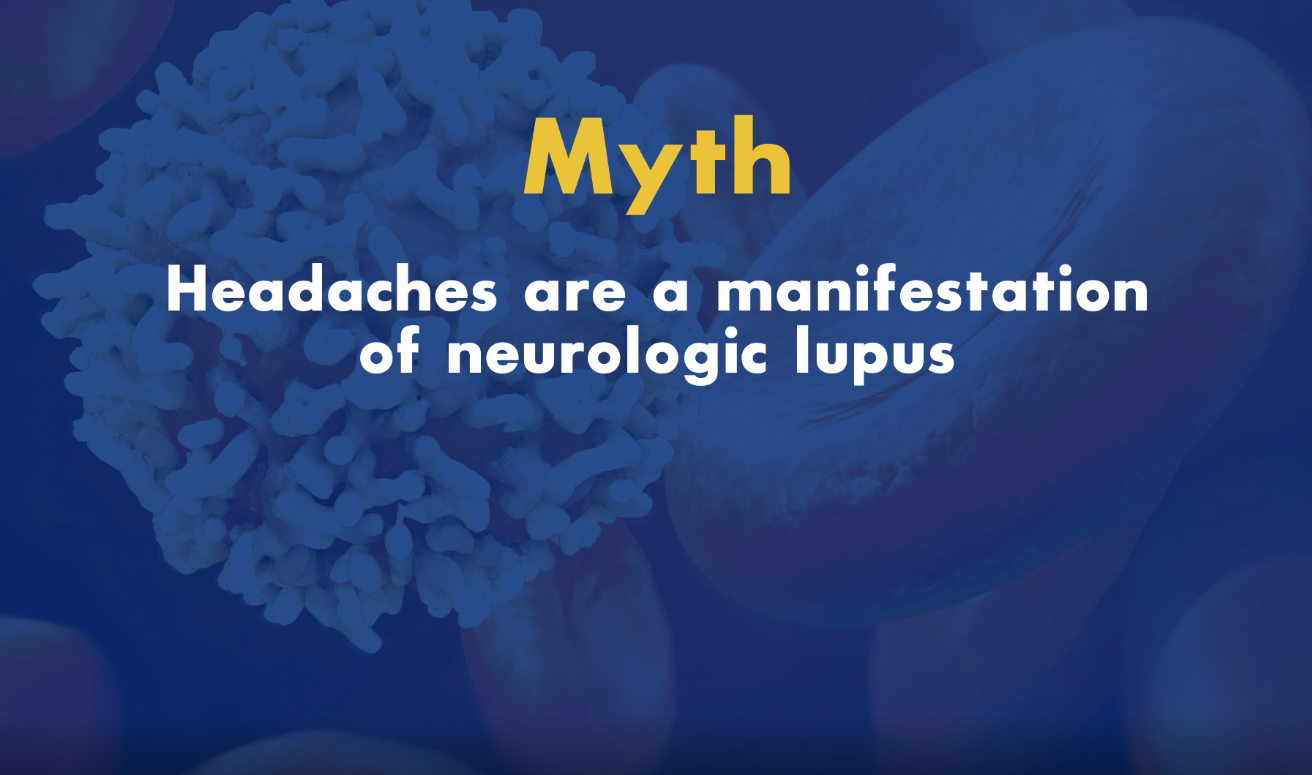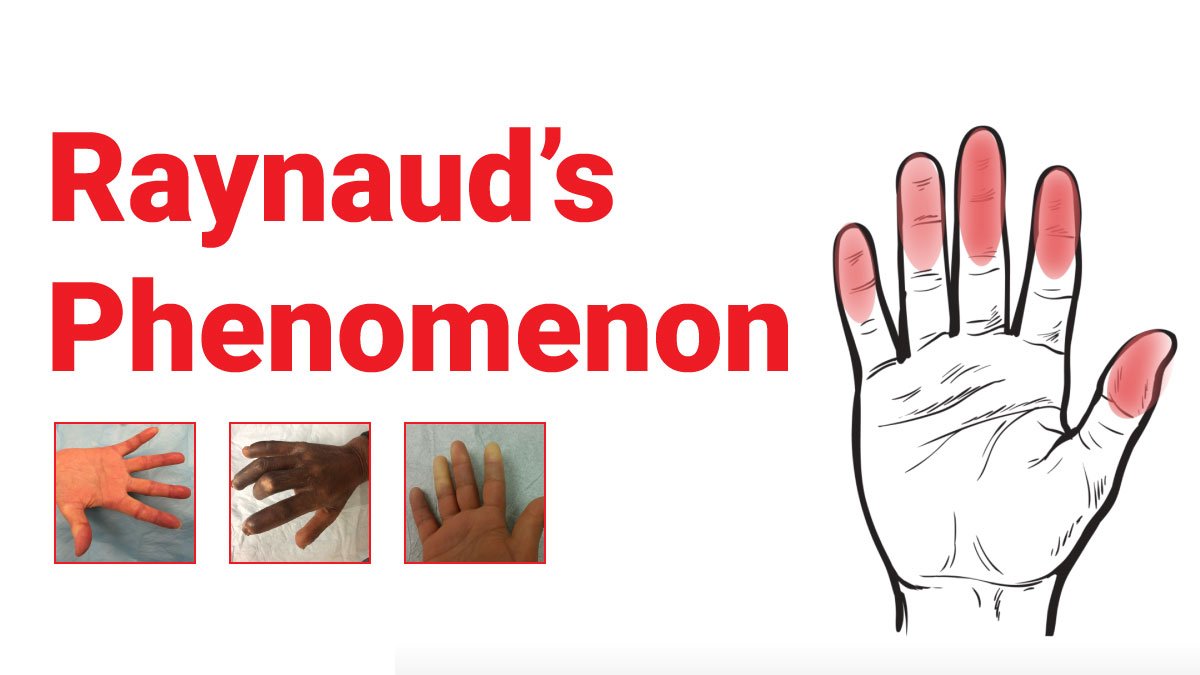
Victoria Ruffing, RN, BC-Rheum, Director of Nursing and Patient Education at the Johns Hopkins Arthritis Center walks through what to expect during your first infusion.

The old American College of Rheumatology criteria in the definition of what is considered to be brain lupus included headaches. Patients would be treated for these headaches as if they were part of lupus. Studies since have shown that headaches in lupus patients are not more common than in the general population.

Raynaud’s Phenomenon is a condition that results in decreased blood flow to your fingers and toes. There are two types of Raynaud’s, primary and secondary. Dr. Zsuzsanna McMahan from the Johns Hopkins Scleroderma Center dives into what this condition is, things to look out for, how to manage and when you should speak with a doctor.